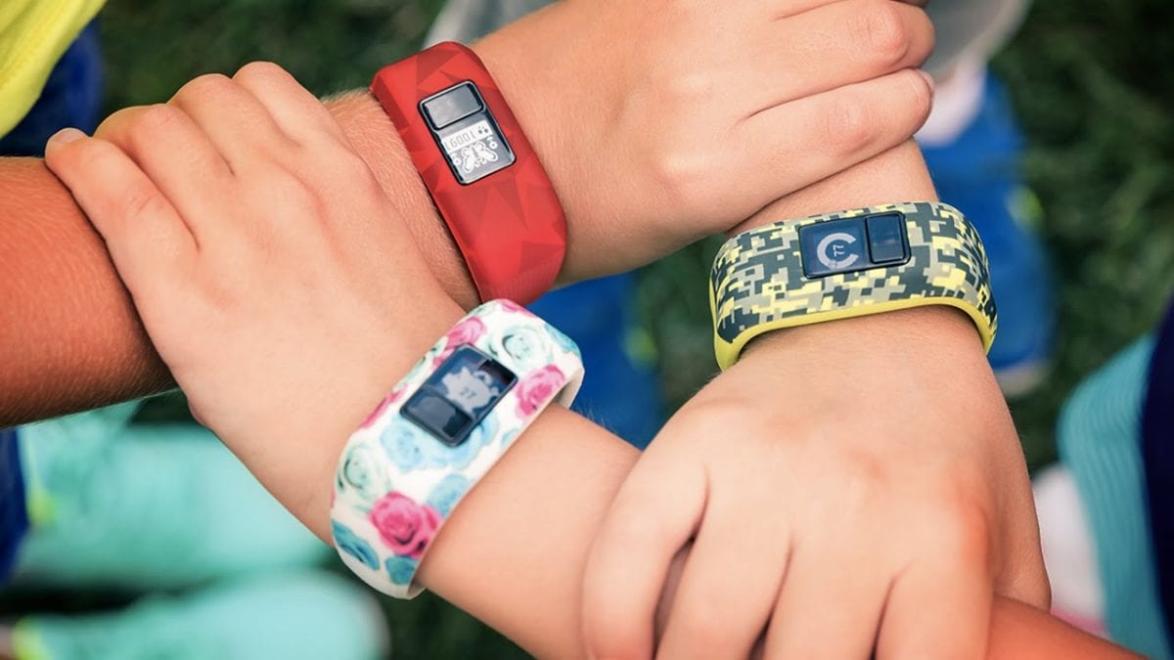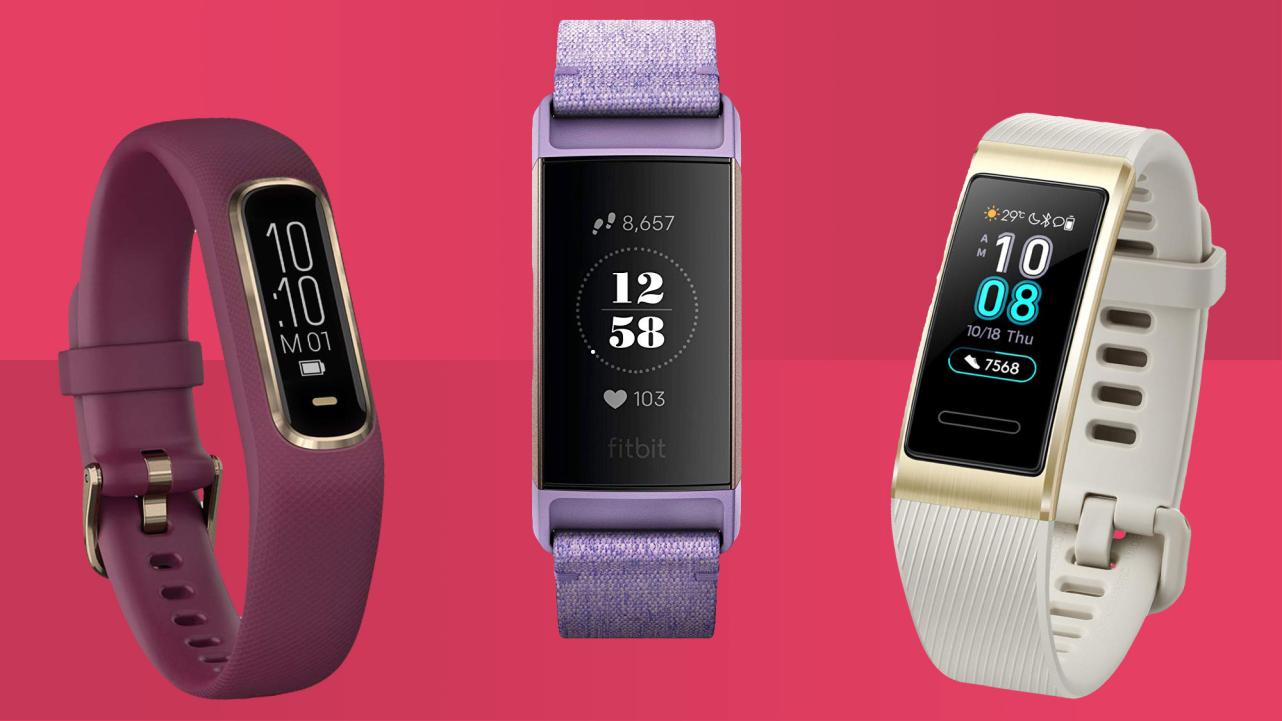Can Fitness Apps and Activity Trackers Improve Cognitive Function?
Cognitive function, encompassing memory, attention, problem-solving, and decision-making, is crucial for our daily lives. As we age or face various health challenges, maintaining and improving cognitive function becomes increasingly important. Fitness apps and activity trackers have gained immense popularity in recent years, promising to enhance our physical health. But can these technologies also benefit our cognitive function?

Benefits Of Fitness Apps And Activity Trackers On Cognitive Function
Research suggests that fitness apps and activity trackers can positively influence cognitive function through several mechanisms:
Increased Physical Activity:
- Regular physical activity has been shown to have a positive impact on brain health and cognitive function.
- Exercise improves blood flow and oxygenation to the brain, promoting the growth of new neurons and enhancing neuroplasticity, the brain's ability to adapt and change.
Improved Sleep Quality:
- There is a strong correlation between sleep quality and cognitive performance.
- Fitness apps and activity trackers can monitor sleep patterns and provide insights for better sleep, such as maintaining a consistent sleep schedule and creating a relaxing bedtime routine.
Stress Reduction:
- Exercise is a well-known stress-relieving activity.
- Fitness apps and activity trackers can offer stress-management techniques and mindfulness exercises, further contributing to stress reduction and improved cognitive function.
Social Engagement:
- Social interaction and engagement have been linked to better cognitive function.
- Fitness apps and activity trackers can facilitate social connections and encourage group activities, promoting social engagement and potentially improving cognitive function.
Specific Features Of Fitness Apps And Activity Trackers That Support Cognitive Improvement
Beyond the general benefits of fitness apps and activity trackers, specific features can directly target and support cognitive improvement:
Brain-training Games:
- Brain-training games are designed to challenge cognitive skills like memory, attention, and problem-solving.
- These games can be integrated into fitness apps or offered as standalone apps, providing a fun and engaging way to improve cognitive function.
Personalized Recommendations:
- Fitness apps can analyze activity data and provide personalized exercise recommendations.
- Tailored workouts can target specific cognitive skills, such as memory or attention, maximizing the potential for cognitive improvement.
Progress Tracking:
- Fitness apps and activity trackers can track progress over time, providing visual representations of improvement.
- This can motivate users and reinforce positive behavior, encouraging continued use of the app and sustained cognitive benefits.
Gamification and Rewards:
- Gamification elements, such as challenges, leaderboards, and rewards, can make exercise more enjoyable and engaging.
- Rewards and incentives can provide positive reinforcement for consistent use of the app, promoting long-term adherence and sustained cognitive benefits.
Challenges And Limitations

While fitness apps and activity trackers offer promising potential for cognitive improvement, there are challenges and limitations to consider:
Lack of Long-term Studies:
- There is a limited body of research on the long-term impact of fitness apps and activity trackers on cognitive function.
- More longitudinal studies are needed to establish the sustained benefits of these technologies on cognitive health.
Individual Variability:
- Cognitive benefits may vary depending on factors like age, fitness level, and baseline cognitive function.
- Personalized approaches and tailored interventions may be necessary to optimize cognitive improvement for different individuals.
Potential for Addiction:
- Excessive use of fitness apps and activity trackers can lead to addictive behavior and negative consequences.
- It is important to maintain a balanced approach, using these technologies as tools to support cognitive health rather than becoming overly reliant on them.
Summary Of Key Points:
- Fitness apps and activity trackers can positively influence cognitive function through increased physical activity, improved sleep, stress reduction, and social engagement.
- Specific features like brain-training games, personalized recommendations, progress tracking, and gamification can further support cognitive improvement.
Call To Action:
Consider incorporating fitness apps and activity trackers into your routine to potentially enhance your cognitive function. Choose apps and devices that offer features tailored to your specific goals and preferences. Remember to use these technologies as part of a balanced approach to cognitive health, including regular exercise, a healthy diet, adequate sleep, and social interaction.
Final Remarks:

While fitness apps and activity trackers hold promise for improving cognitive function, it is important to recognize the need for more long-term research and personalized approaches. By embracing a balanced lifestyle that incorporates physical activity, healthy habits, and social engagement, you can take proactive steps towards maintaining and improving your cognitive health.
YesNo

Leave a Reply